How To Tie A Blackwall Hitch Knot
.
The Blackwall Hitch is a very simple knot that is ideal for securing cargo to a hook. In short, it’s just a Half Hitch knot over a hook! It’s easy to construct, quick to deploy and is quite reliable when tied properly. That said, there are conditions in which it can fail and, as such, it’s not widely used. For reference, this hitch is #1875 in the Ashley Book Of Knots.
When To Use the Blackwall Hitch Knot
Use this knot to temporarily move cargo when you don’t have enough rope to make a stronger knot. Ideally you want to stick to lighter cargo for this and, if you are moving a heavy load, stick to a more secure knot for safety reasons. Always use caution with this one and make sure no one is underneath what’s being moved and you’re moving cargo unlikely to be damaged if it falls.
Uses for the Blackwall Hitch Knot
As we mentioned above, the Blackwall Hitch is used to temporarily attach a rope to a hook. It can only be used in combination with a hook and can’t be used on its own. For this reason, it has very limited uses. However, if you’re working on the docks, or in areas where hooks are commonly used for lifting loads—such as on construction sites or in automotive garages—then you could always use a Blackwall Hitch to help move a load. Other knots are available though!
So, if you want to add this knot to your knot-tying arsenal, here’s how to tie the Blackwall Hitch!
How To Tie A Blackwall Hitch Knot
To tie this knot, you’ll need a rope and a hook. Once you’ve got those two things, you can begin! This is a very simple knot.
Step One: With your rope, make an underhand loop.
Step Two: Slip the underhand loop over the hook and pull it tightly from the back of the hook.
Step Three: Once tightened, move the knot into a lower position on the hook for added stability.
Tying the Blackwall Hitch is as easy as that!
Other Things To Consider
This hitch has strengths and weaknesses, so it’s a good idea to familiarize yourself with how best to use it, when to avoid it, and what alternatives could be used instead.
Warnings
This knot is only stable when held under tension. It can also slip if it’s being used to support a very heavy load. It should only be deployed when the rope and hook are roughly the same size as each other.
Variants
The Double Blackwall Hitch is a more advanced variation of the standard Blackwall Hitch, but it’s just as untrustworthy. This variation is tied by adding a second loop that attaches around the eye of the hook if there’s one available. Again, this is not a useful knot as there are better, safer alternatives available.
Alternatives
A good alternative to the Blackwall Hitch Knot would be the Bowline Knot. This knot is far more secure. The Blackwall Hitch is only ever really used when there isn’t enough rope left to tie a Bowline. If you can, tie a Bowline Knot instead of Blackwall Hitch. If you don’t have enough rope to play with, you can consider the Blackwall, but only if you’ve exhausted all other options.
Categories: Nautical Knots

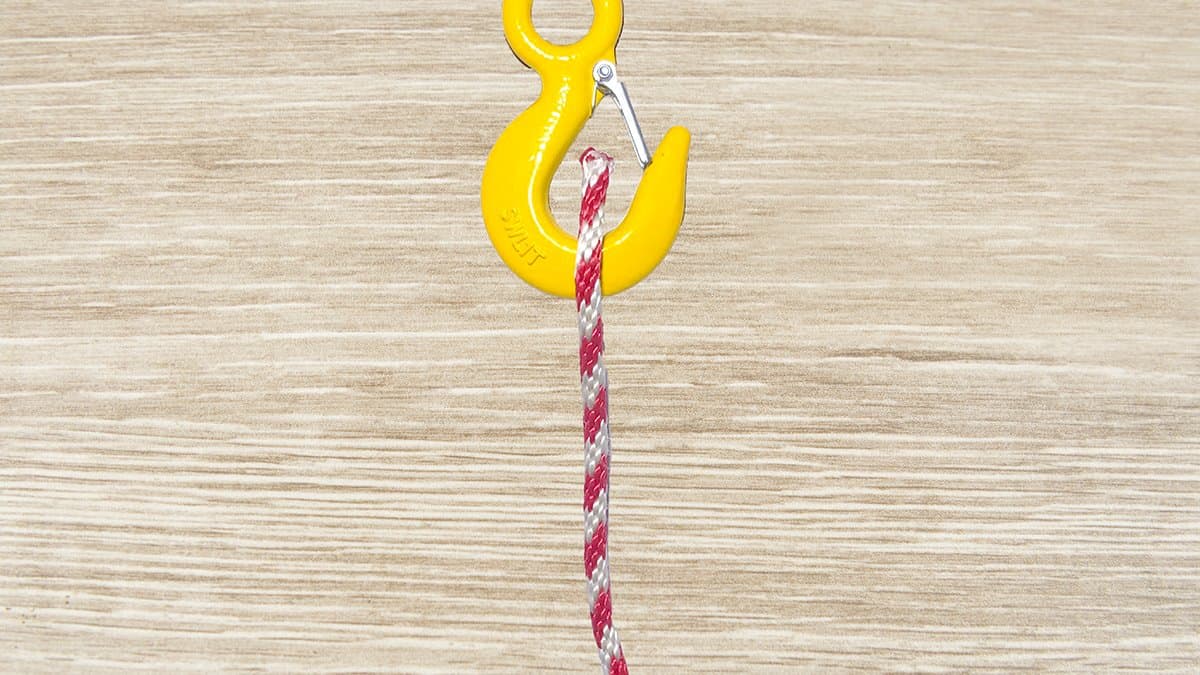
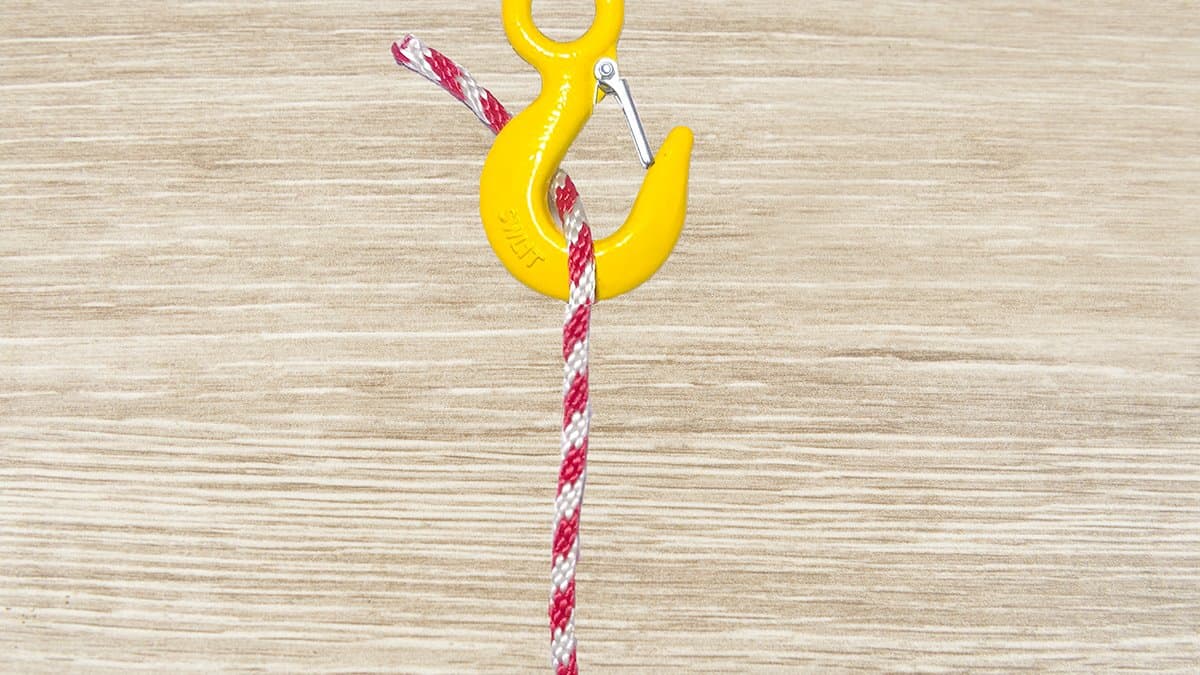
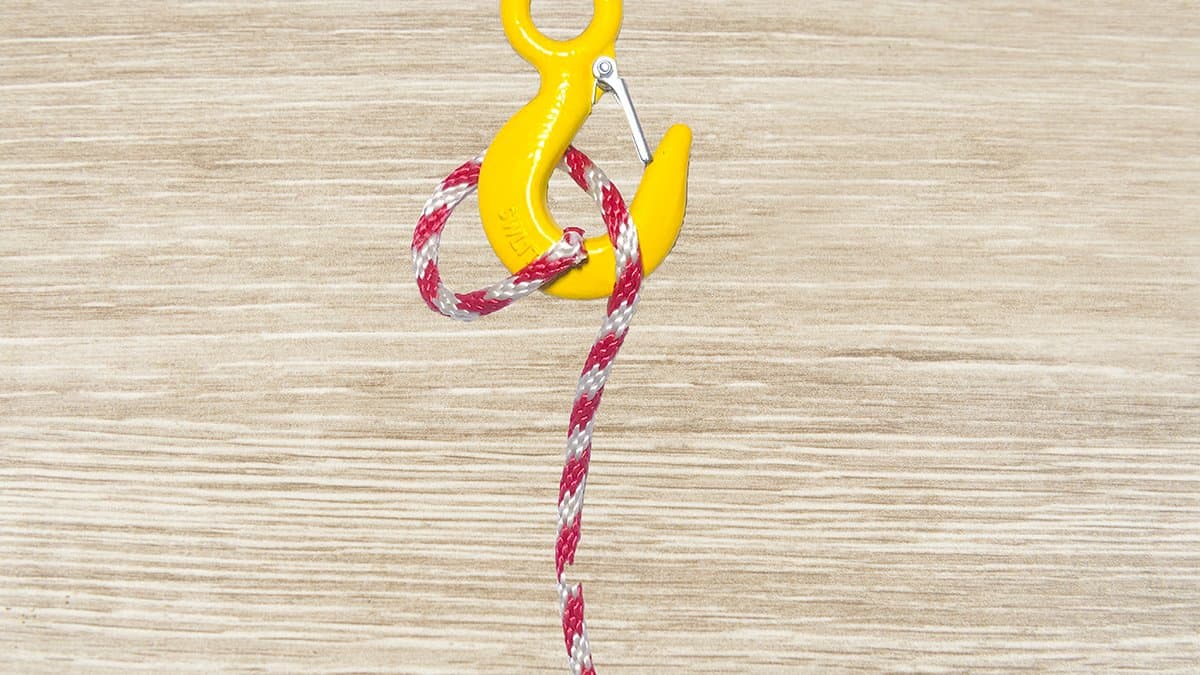

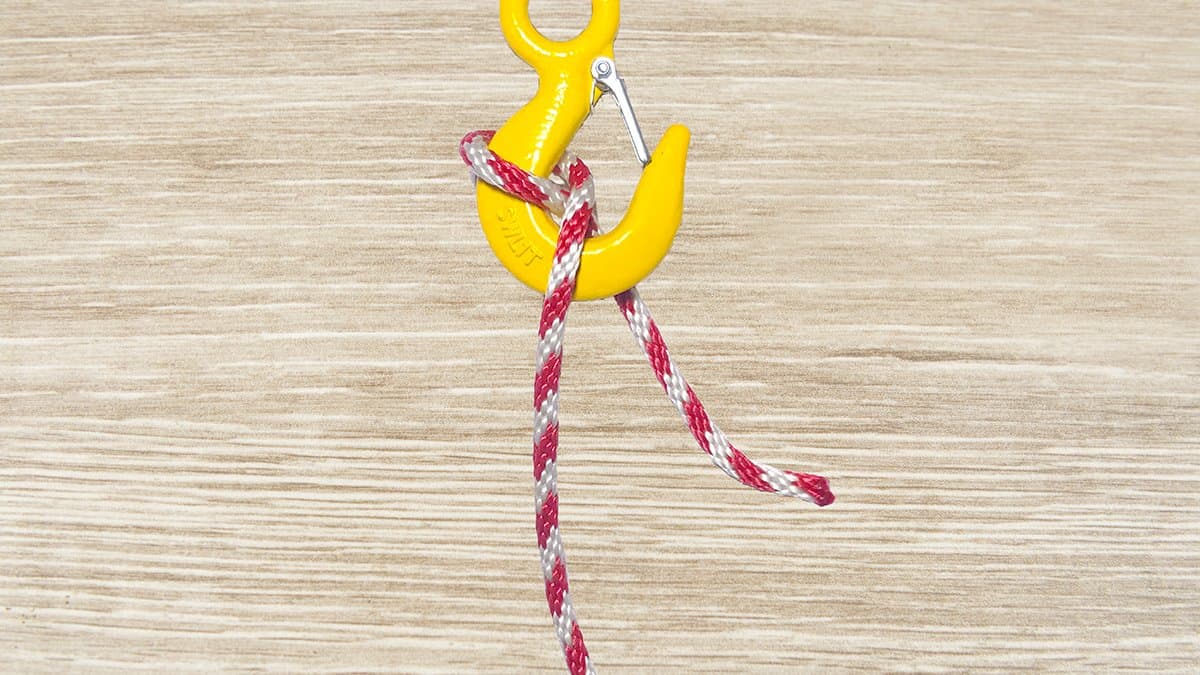
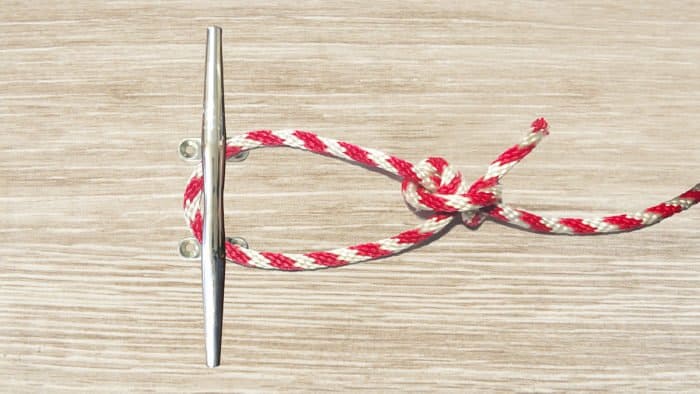
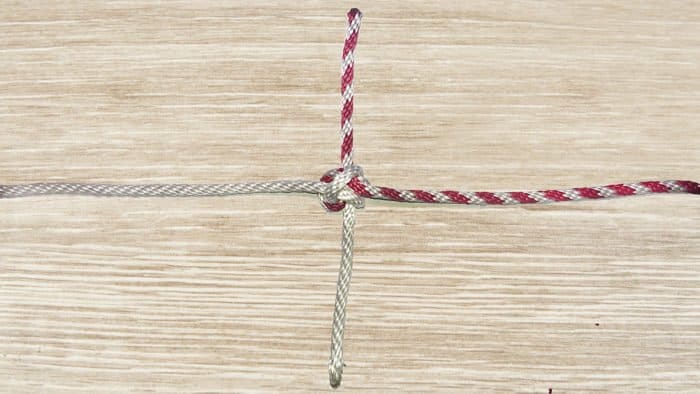










1 Comment
Steele on November 30, 2021
Hi Joe,
I would like to challenge the notion that the Blackwall Hitch can only be used on a hook.
You can pass it through a loop of rope to create the exact same affect. The is very useful when securing the tension added to a trucker’s hitch, for example.
Forgive me if this is already known by another name. However it’s configuration through the loop of rope is identical to that on the hook.